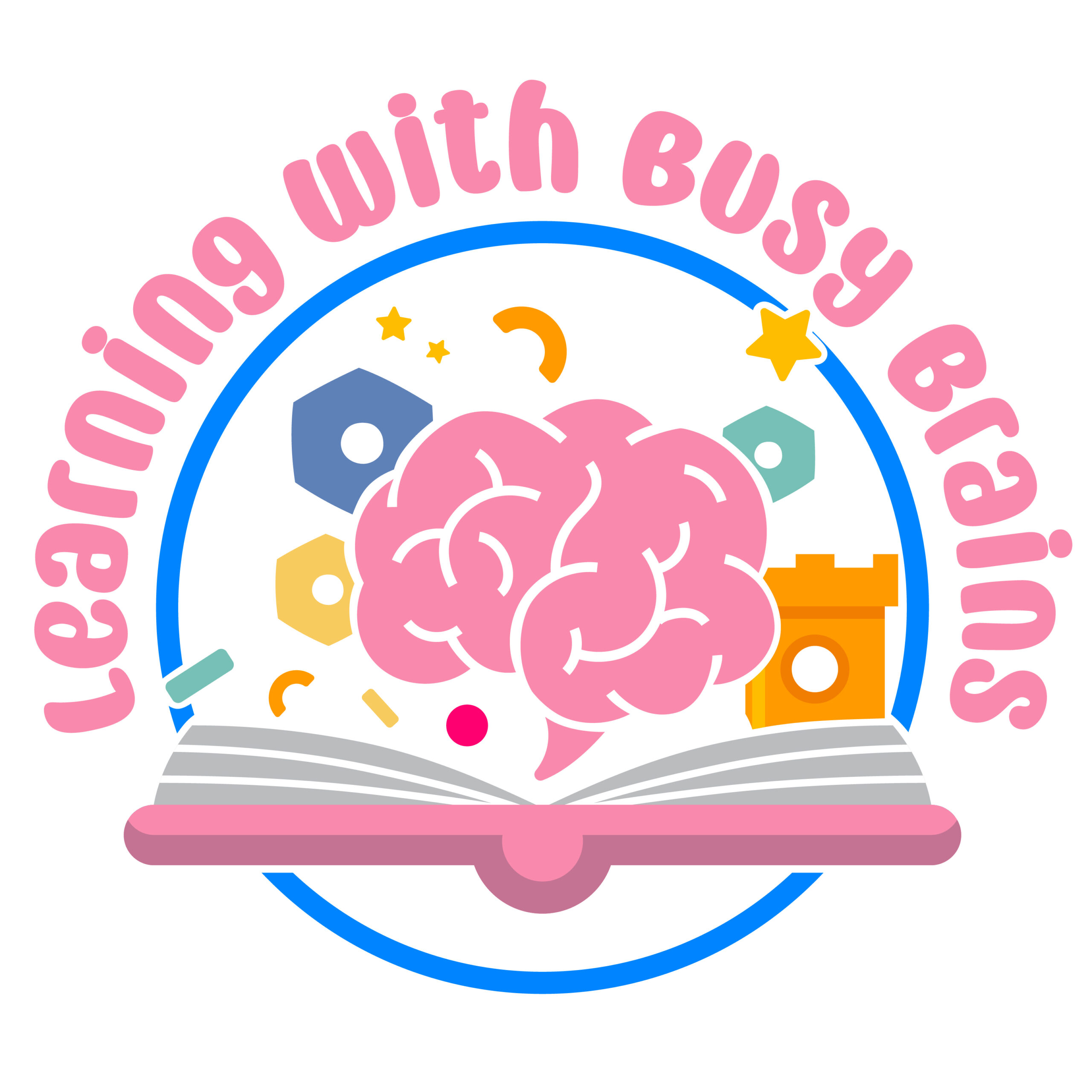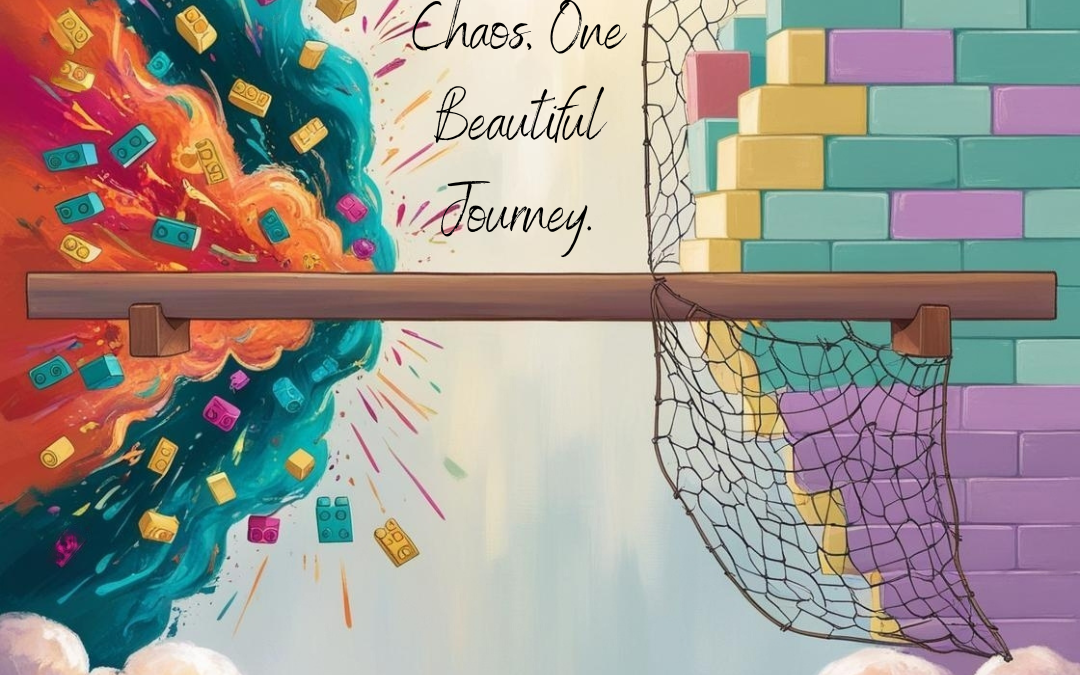I’ve known for some time that many traits associated with autism seem to be the opposite of mine. While I don’t claim to fully understand everything about autism, my older daughter’s diagnosis of both ADHD and autism has given me a deeply personal perspective on navigating these challenges. I’m learning right alongside her, discovering how these two neurotypes coexist: often in ways that are both uniquely difficult and beautifully complex.
Raising a child with both ADHD and autism is like walking a fine line. As a mom with ADHD myself, I thought I understood the struggles of focusing, managing impulses, and dealing with emotional overwhelm. But when my daughter was diagnosed with both ADHD and autism, I quickly realized there’s so much more to it than I initially thought.
With ADHD, she has a fast-paced, racing mind that jumps from one idea to the next. The impulsivity, need for novelty, and challenges with executive function are traits I recognize, but they often feel magnified through the lens of autism. Her sensory sensitivities, need for routine, and social communication difficulties don’t always align with the fluidity I know well from ADHD. These differences can make moments of overwhelm even more intense and, at times, lead to a disconnect between us despite our shared struggles.
There are moments when her ADHD traits fuel her creativity and curiosity, but her autism-driven need for structure and predictability often clashes with that. For instance, she might have a sudden burst of energy or an idea, but when things don’t go as planned, her inability to adapt or shift gears can lead to frustration or meltdowns.
Supporting her in a way that works can be tricky. Sometimes, my ADHD strategies, like creating flexible routines or offering incentives. don’t work because they don’t account for her need for consistency and clear expectations. On the other hand, the tools I’d use for autism like visual schedules or sensory breaks, can feel too rigid for her ADHD-driven desire for variety.
This dual diagnosis doesn’t just affect my daughter; it also challenges me as a parent. It requires me to constantly adjust my approach, finding ways to honor both neurotypes and balancing flexibility with structure. Some days feel like I’m walking a tightrope, unsure how to provide the support she needs, but always doing my best to understand and meet her where she is. Tired, am I? Yes, I do feel tired and mentally exhausted most of the time, but I remind myself that the reward Allah has prepared is far greater.
Through it all, I’m learning that it’s okay not to have all the answers. The key is to stay open to discovering new approaches, be patient with the process, embrace the beautiful complexity that comes with raising a neuro-divergent child, make du’a and trust Allah in the process. It’s not easy, but every step is worth it.
So, this is how I learn: reading alone isn’t enough for me. It’s through practical application and experience that I truly understand what works and what doesn’t. I push through, take notes, and learn through trial and error, whether it’s about my own condition or my daughters’,


